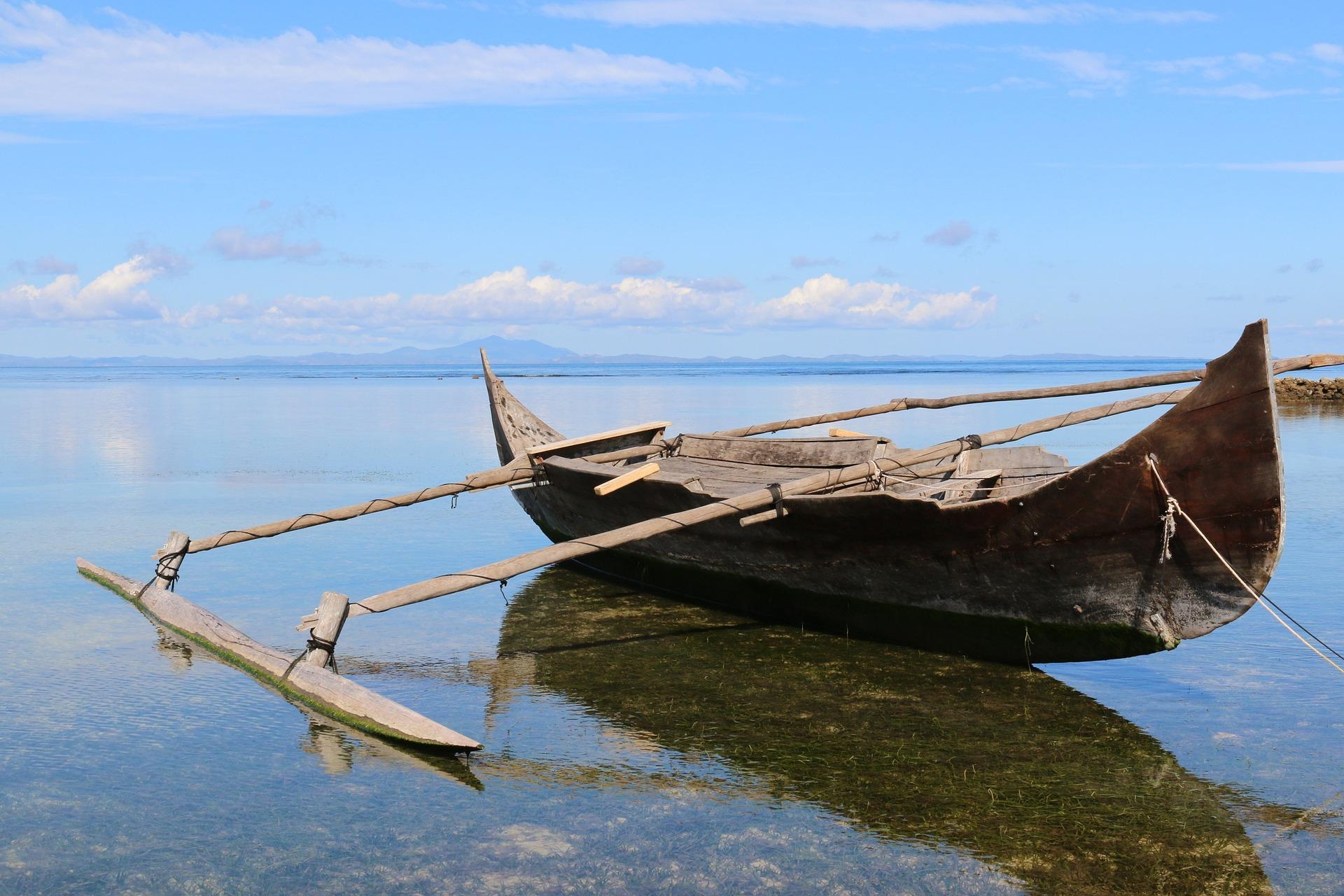The Vezo people, an ethnic group of Madagascar depending solely on fishing.
The inhabitants of Andavadoaka are the Vezo who are located in the southwest of Madagascar. Anakao is part of their village. Considered as the first inhabitants of Madagascar, the « vazimba », the migrations of the Bantu and the Arabs have marked them. They are semi-nomads who live from fishing. Like any ethnic group, they have their own culture as well as their habits and customs. Women’s roles are assigned to support the fishermen husbands.
This people has its Origin and its characteristics
By moving, people of various origins, find the welcome on the southwest coast of Madagascar. The Vezo people thus originated near the port. Research reveals that the Malagasy people descend from Indonesia. These immigrants are divided into two, the vezo and the vazimba. The vezo, in affinity with the sea, settle on the littoral.
The Vezo consider themselves as « people of the sea ». Based on fishing and navigation, they have a deep knowledge of coral reefs. Their life has been based solely on fishing and navigation for ages.
The livelihoods of the vezo are based on fishing and artisanal activities
The coral reefs root the lodge of the Vezo. Using nets, harpoons, and fishing lines, they manage to provide for the family. In addition to fishing, the Vezo also grow vegetables and fruits, as well as rice.
Handicrafts and the making of wooden dugouts are an important part of Vezo culture. The dugout canoes are used for fishing and transportation on the coast. Proud of their know-how, pirogue making expresses their cultural identity. The pirogue craft is passed down from generation to generation. Decorated with intricate and colorful patterns, the boats are a symbol of the community’s pride.
The manufacture of a dugout begins with the selection of a tree. Generally a hardwood is selected. The axes are used to carve the dugouts, after the drying operation. The balance is well calculated during the shaping.
Contributing greatly to the family’s livelihood, women play significant roles in society. The preparation of nets and fishing lines accommodates their tasks. They fish seafood from the coral during the low tide for the family meal. They take care of the household chores. Importantly, the transmission of traditions and culture to future generations is the responsibility of Vezo women.
Enjoy the culture and customs of the Vezo people
The « hazomananga » or elders are respected. Playing the role of intermediary with the dead, they communicate with the dream.
The « tromba » or possession by a spirit of a deceased person is classified in the culture of the Vezo. The family is gathered to witness the enjoyment. Circumcision and the turning over of the dead are also emphasized among the Vezo. Exhumation lasts one week, while circumcision lasts three days. The Vezo sacrifice zebus during this ceremony.







